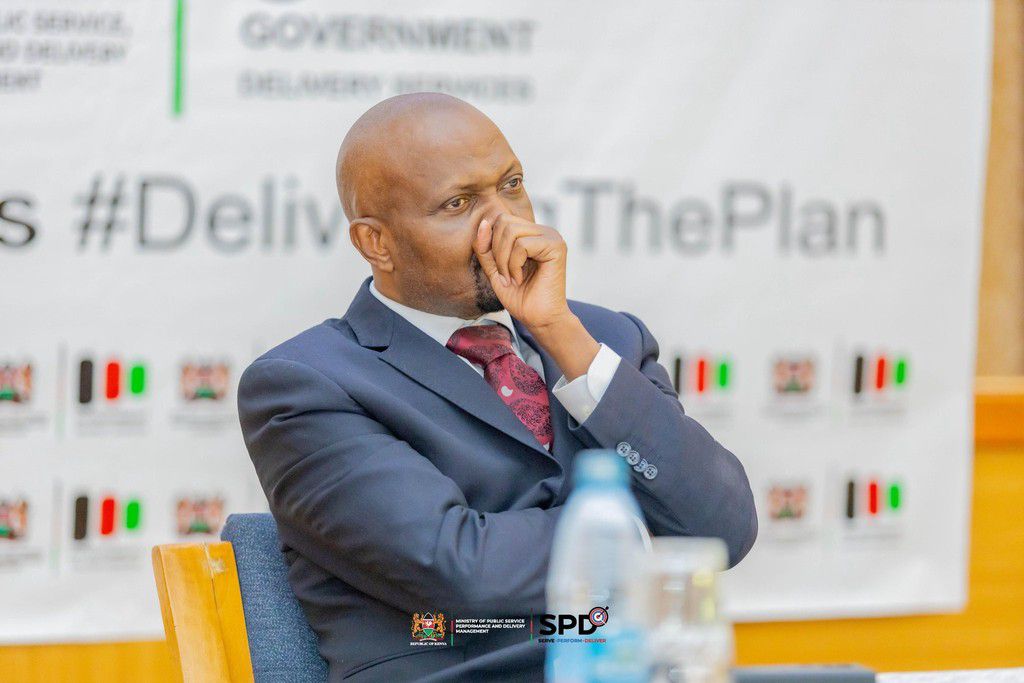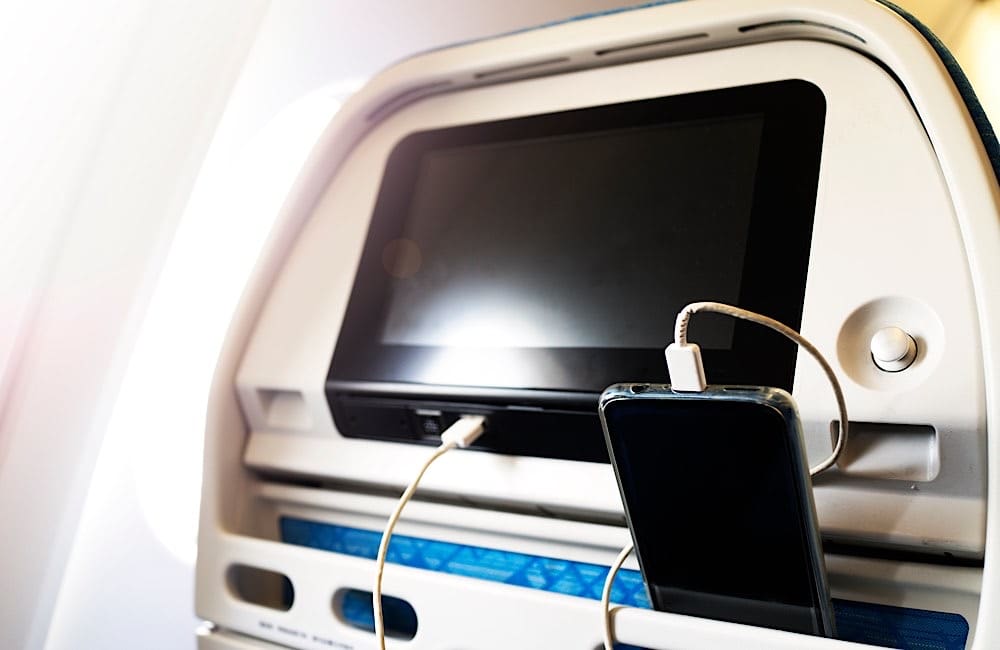
South Korea’s Fair Trade Commission formally requested Korean Air to revise and supplement its proposal for mileage integration with Asiana Airlines immediately after the plan was submitted on Thursday, raising concerns that the timeline for the two carriers’ full integration, originally set for October 2026, could be delayed.
The FTC stated that Korean Air's plan lacked "sufficient detail" and "fairness," particularly regarding mileage conversion ratios and redemption options, which are considered critical for consumer protection.
“We have immediately requested revisions to the submitted plan,” the regulator announced, citing the need for better alignment with the consumer benefits previously offered by Asiana Airlines.
Flight miles vs. card miles: Two-track dilemma
One of the most closely watched issues is the ratio at which the two carriers’ frequent flyer miles will be merged.
The FTC did not disclose specific figures or details from Korean Air’s proposal, but clarified that mileage integration is a condition for the merger's final approval.
Under the original conditions set by the regulator, Korean Air, having acquired Asiana as a subsidiary in December 2024, was required to hand in a plan for unified mileage within six months. June 12 marked the submission deadline.
The FTC emphasized that the plan must uphold a set of core principles: protect consumer trust, prevent unfair disadvantages to Asiana customers and ensure a balanced outcome for both sets of consumers.
According to the regulator, the proposed plan did not meet these standards. In particular, Korean Air’s suggested scope for partner mileage redemption appeared more limited than what Asiana customers currently enjoy.
“We do not believe it is appropriate to reveal the integration plan to the public at this time,” the Commission said, adding that it intends to solicit input from stakeholders and experts after further revisions.
Industry observers suggest the FTC’s decision to return the plan indicates that it may have likely contained provisions significantly unfavorable to Asiana’s customer base.
Market expectations have long centered around a plan that would convert flight-earned miles at a 1-to-1 ratio, while applying differentiated rates for miles accumulated through credit card partnerships.
“From a market perspective, adopting a dual-track approach was inevitable, applying different conversion ratios for flight-earned and partnership-earned mileage,” said Hwang Yong-sik, a professor at Sejong University's business administration department.
“However, given that the FTC emphasized consumer benefit as a top priority from the outset of this merger, it appears unwilling to compromise even on partner mileage."
This has raised concerns among Korean Air customers, who may fear that an overcrowded benefit program could dilute their mileage value.
Korean Air must proactively address alternatives, such as temporarily expanding mileage redemption options, to ensure fairness and mitigate backlash.”
First test of passenger sentiment
Analysts note that how Korean Air handles the integration of the mileage programs could become the first real indicator of public sentiment toward the merged airline.
In past mergers overseas — including United-Continental (2011), Delta-Northwest (2008), and Air France–KLM (2004) — generally opted for a 1-to-1 conversion of flight miles.
“This is a highly sensitive issue among consumers,” said an airline industry source here. “Korean Air is already facing criticism over its long-haul economy cabin redesign announced on the same day as the submission, and mishandling the mileage plan could further inflame public backlash.”
The source added that while a 1-to-1 conversion could significantly increase Korean Air’s mileage liability, prioritizing consumer trust may prove to be the safer long-term strategy.
As of the end of Q1 2025, Korean Air and Asiana Airlines have outstanding mileage liabilities equivalent to some 2.62 trillion won ($1.91 billion) and 951.9 billion won respectively, totaling around 3.57 trillion won.
“Today’s submission marks the beginning of the review process aimed at protecting the rights of air travel consumers. We will conduct a rigorous review and ultimately approve a plan that satisfies the interests of all consumers," the FTC said.
The regulator noted that this marks only the initiation of the review process. “The final evaluation report will be prepared after further review and stakeholder consultations,” it said.
Given the FTC’s decision to send the plan back for revision, industry insiders now anticipate that final approval of the integrated mileage program may take several more months.
[email protected]







